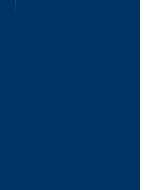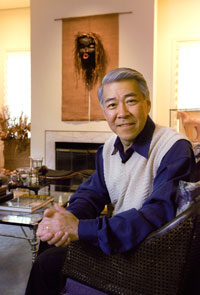
| From the Board Chair | |||||||||||
|
Letter from the Chair of the UW Medicine Board
In an economic climate of uncertainty, UW Medicine's research discoveries have the potential to strengthen the region's biotechnology industries. The transfer of biomedical technology to the marketplace creates jobs and fosters economic growth in this corner of the United States. UW Medicine is also contributing to the goal of affordable, accessible medical therapy. The design of more effective, less costly and less complicated treatments, and new ideas on delivering and distributing these treatments efficiently, are necessary to reduce global health problems. To this end, vaccines and medications to prevent or treat AIDS, malaria, tuberculosis and other infections are major biomedical research targets. UW Medicine scientists are working hard to find breakthroughs that might relieve the suffering of others. These humanitarian motives and a desire to serve the community define UW Medicine's institutional character. In November 2002 UW Medicine received the national Outstanding Community Service Award from the Association of American Medical Colleges. In particular, the award recognized the region's many physicians who volunteer to teach medical students and physician assistants and to be models of selfless dedication to their communities. It also honored the many student-initiated and student-run programs that address unmet medical needs, and the manner in which many of the region's social service agencies and health-care facilities work together for the common good. UW Medicine faculty also serve the public by helping to set the national direction of research and clinical care in a way that emphasizes the ethical and social responsibilities of scientists and physicians. For example, this past year 11 UW scientists, clinicians and ethicists were advisors in the creation of a national vision for future genomic research. Other UW Medicine faculty members are nationally active in addressing patient safety concerns, problems of the uninsured, and many other medical and social issues. All these efforts in international health, in local community service, in clinical research, and in national scientific leadership make UW Medicine a significant force to enhance the well-being of the people of our state, region, nation and world. Dennis Okamoto Chair of the UW Medicine Board |
|||||||||||
|
© 2003 - 2004 UW Medicine
Maintained by UW Health Sciences and Medical Affairs News and Community Relations Send questions and comments to drrpt@u.washington.edu |
|||||||||||


